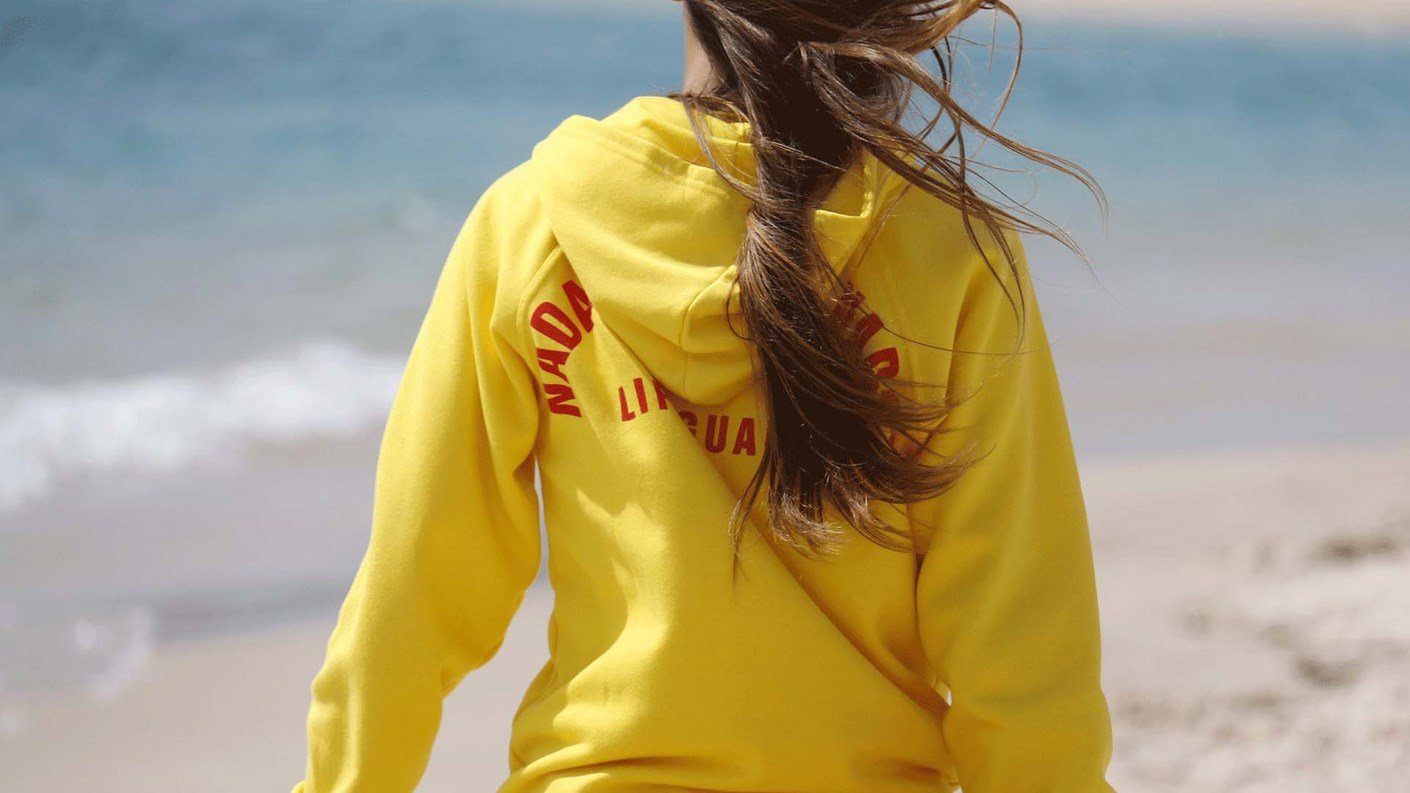Ace your interview in the sport and physical activity sector
Once you’ve applied for your dream job with your perfectly crafted CV, your potential employer might want to know more about you and have a face-to-face chat.
Interviews can be intimidating, but we’ve put together some tips to help you nail that all-important step. Here’s how you can prepare and impress your way to success!
Understanding the sector
Before you step into the interview room, it’s crucial to understand the industry. The sport and physical activity sector is diverse, encompassing roles in coaching, fitness training, sports management, physiotherapy, and more.
Each role requires a unique set of skills, from technical knowledge and physical stamina to communication and motivational abilities. Show your potential employers that you are not only passionate about sports but also well-informed about the industry.
Key skills and qualities
There are many ways to master the art of the interview, but below are some core skills that employers in sport and physical activity are often looking for. When preparing for and during an interview, try to focus on talking about your abilities in these areas to really stand out.
Passion for sport and fitness
Your enthusiasm for physical activity should take centre stage, so be honest and authentic. Share your personal experiences and what drives you in the world of sports to let the interviewer know you mean it.
Communication skills
Whether you’re coaching a team or giving advice to customers, clear and effective communication is crucial. While you may be nervous for your interview, try to breathe and talk slowly and clearly to show that you can communicate effectively, even under pressure.
Leadership and teamwork
Careers in sport and physical activity often involve working with others. Highlight your ability to lead and/or be part of a team by referencing experiences you’ve had at school, work, volunteering or other extracurricular activities.
Technical knowledge
Understanding the science behind fitness, training techniques and injury prevention can set you apart, so try to mention any specialist knowledge you have where relevant. If you don’t have any yet – don’t worry! Talk about any areas you’d be particularly interested in learning about to show you care.
Adaptability
Work in a sport and physical activity environment can be dynamic. Show that you can adapt to different situations and challenges by talking about examples from your life. These don’t have to be sport-related, but this can help if you have any relevant stories.
Preparing for your interview
Before you get to your interview, there are a few things you can do to make sure you’re ready and able to put your best foot forward on the day.

Research
Know the employer
Understand the organisation you are applying to. What are their values, mission, and the specific role they play in the sports sector? You can find these by checking out their website and social media pages (including LinkedIn). Any recent news articles that mention the company might be useful, too.
Role-specific knowledge
Dive deep into the specifics of the role you’re applying for and read the job description and person specification thoroughly. What qualifications are needed? What are the daily responsibilities?

Practice
Mock interviews
Conduct practice interviews with friends, family or mentors. Focus on both general interview questions and those specific to the sports sector and role. You can try this as many times as you like until you feel comfortable and confident talking in an interview setting.
Common questions
Lots of interviewers will ask similar set questions. You can find lists of possible questions like these online, so it’s a good idea to prepare answers for them in case you get asked. Questions might include:
- Can you give an example of a time you demonstrated leadership in a team setting?
- Can you tell me about when you have had to complete a project to a deadline?

Presentation
Dress appropriately
While the sports industry can be more casual than some, it’s still important to dress neatly and professionally for your interview. Try looking online for examples of what to wear and if in doubt, it’s better to be overdressed than underdressed.
Arrive on time
If the interview is in person, make sure you know how you will get there. It’s best to aim to arrive a little early to leave room for any problems on the day and give yourself time to settle before the interview itself.
During the interview

Be confident
While you may feel nervous, it’s important to believe in your abilities and let that confidence show. Speak clearly and slowly while making eye contact with the interviewer(s) and try to avoid fidgeting.

Stay positive
Even if you are asked to discuss challenges or past failures, focus on what you learned and how you overcame them. If you aren’t asked directly about these things, it’s best to talk about what you do know and can do rather than what you don’t or can’t. Even if there are some gaps in your knowledge or experience, you have a lot to offer and being positive will allow this to shine through.

Ask questions
Be curious! Show your interest in the role and the organisation by asking insightful questions about their programmes, facilities or future plans. You can also ask about opportunities for training and progression within the organisation, or about the team you would be working with.
After the interview

Follow up
Send a short but polite thank-you email to express your gratitude for the opportunity and to reinforce your interest in the position. This helps to keep you in the mind of the employer while they consider who to hire, so a short message can go a long way.

Reflect
Consider what went well and what you could improve on for next time. Continuous improvement is key! If you hear back and you don’t get the job, you can even (politely) ask for feedback on what you could have done better. Some employers are happy to explain so that you know what real interviewers are looking for.
Ready, set, go!
The sports and physical activity sector offers a rewarding career path for those with the right passion and skills. With thorough preparation and a positive mindset, you’re well on your way to landing your dream job. Embrace the challenge, stay active and make your mark in the world of sports!
If you would like to learn more about preparing for interviews in the sport and physical activity sector, Skill360 are able to help with their interview and CV guidance e-learning.
